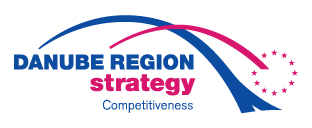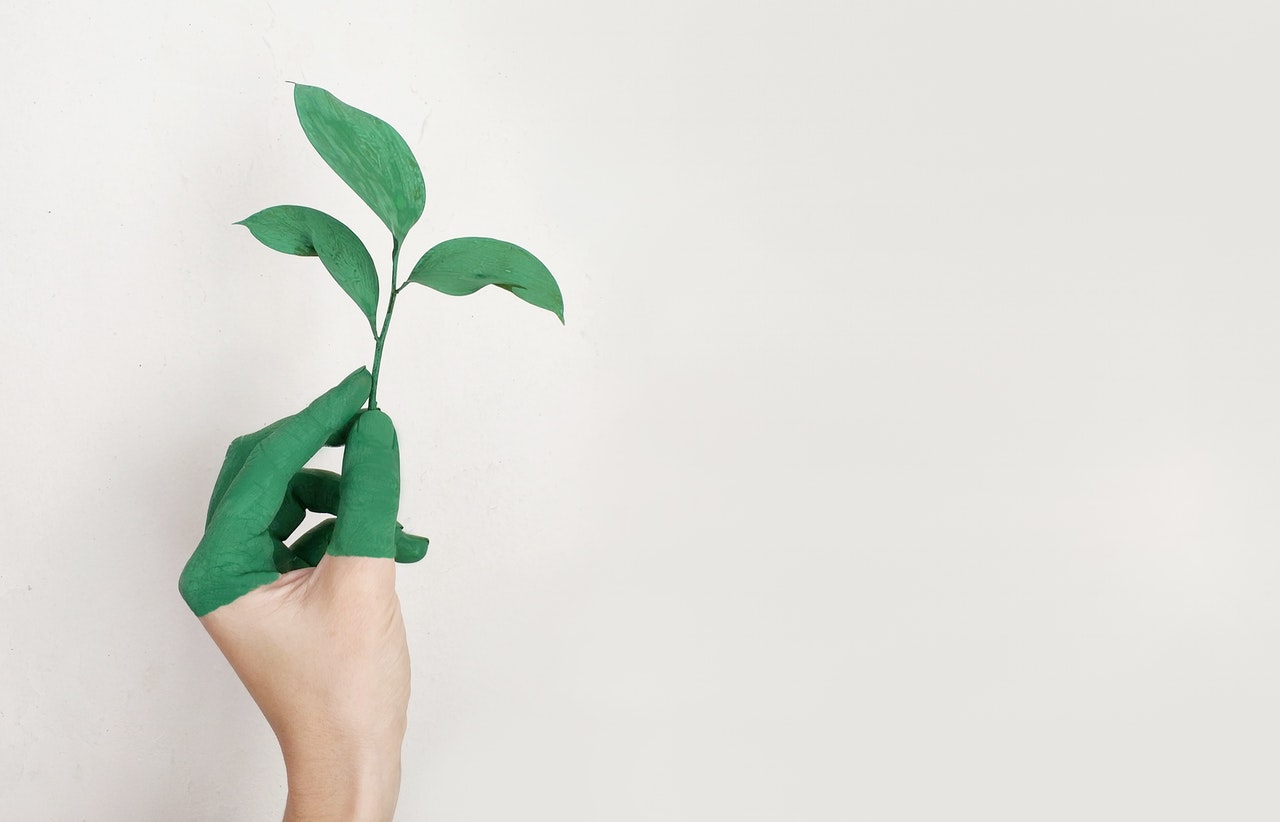Press Release
Danube Region as a Region of Excellence:
Bioeconomy is a Process and cannot be Avoided!
On the one hand, the Danube Region represents a perfect platform for the development of the economy built on the bio-based products. On the other hand, there is a lack of the supporting framework, which could facilitate that process. However, clusters could play a significant role in the development of bioeconomy but the interplay with the regional development policies has to be significantly improved.
The desired transition towards higher sustainability and competitiveness of the Danube Region affects the society as a whole and needs the commitment and integration of all economic sectors to address today’s challenges, such as demographic change, climate change, and digital revolution. To support the transformation processes, macroregional strategies and programmes set the framework for practitioners to implement their projects based on the actual needs of the regions.
The Joint Conference of the INTERREG Danube Transnational Programme (DTP) DanuBioValNet project and the Priority Area 8 of the EU Strategy for the Danube Region (PA8 EUSDR) brought together both worlds in Prague on May 28th. The conference gathered over 80 participants from Germany, Hungary, Bulgaria, Czech Republic, Croatia, Serbia, and other regions.
Regional development cannot be observed and planned as a process separate from the competitiveness of the local SMEs. The keynote lecturer, Alberto Baldi (Cluster Manager of bioPmed Piemonte Healthcare Cluster from Italy), addressed Italian experience in the cooperation of clusters and regions, and emphasized the importance of clusters’ initiative and implementation of the strategies as a trigger to encourage the local authorities to commit to a joint vision of the regional development.
There is no industrial transformation without establishing new regional cooperation models. The competitiveness of the Danube Region is strongly linked to industrial the transformation due to new business forms. Those processes affect transformation of the Danube regions in whole, which are now focusing on providing better framework conditions to support the industrial transformation on all levels.
Clusters have a significant role in the process of transition towards bioeconomy. Bioeconomy often implicates reusing and recycling of the products, with the main aim to extend the life cycle of the products and resources. By gathering all relevant stakeholders of the regional innovation system based on the triple- or quadruple helix model collaboration, clusters can facilitate the cross-sectoral collaboration but also support companies in placing the biobased products on the market.
Smart specialization is good but cross-sectoral activities are even better! Smart specialization should be observed not only in the framework of one sector but also as a prerequisite activity to create added value by implementing the cross-sectoral approach. The so-called Transformative Activities which support innovation and structural transformation are crucial for further steps towards the development of bio-based economy, and it is of great importance to involve all stakeholders of the regional innovation system In order to identify and start related activities.
The second day of the conference was dedicated to the results achieved within DanuBioValNet project, which is launched in 2017 through a cross-regional partnership involving 16 partners from 10 Danube regions. The project aims to support the transformation from a fossil-based economy towards an economy using renewable resources by creating Danube bio-based value-added networks.
Therefore new methods, strategies, and tools to connect Danube actors (SMEs, farmers, universities, research institutes, etc.) in a bio-based industry are developed, and the project focused on three bio-based value chains with high potential: Phytopharma, Eco-construction and Bio-based packing (bioplastic). Moreover, the hemp-industry has been included as well because hemp can be seen as a raw material for all three value chains. The transition to the bioeconomy cannot be avoided, and the Danube region, with its resources, offers a great platform to become one of the leading regions, hence region of excellence. However, it has to be underlined that this transition implies a long-term process, which will be hard to accomplish with success without giving the significant role to clusters.
More about DanuBioValNet project…
Additional Information
About PA8 of EUSDR
The main objective of PA8 is to support the competitiveness of enterprises and strengthen the capacities of SMEs for cooperation and trade, by fostering cooperation and exchange of knowledge between SMEs, academia and the public sector in areas of competence in the Danube Region. PA8 is also strongly focused on the improvement of the framework conditions and competitiveness of rural areas and in particular of the agricultural sector. PA8 is one of the three PAs of the pillar “Building prosperity in the Danube Region”. This pillar focuses on innovation, information society, competitiveness of enterprises, education, labour market and marginalised communities. The overall objective is to improve the prosperity of the Danube Region. This can be done by improved cooperation in order to reduce the pronounced divide across the Region in many of the fields covered by these actions.
Coordinators of the PA8:
Dr. Judit Schrick-Scenczi ()
Ministry for Economic Affairs, Labour and Housing Baden-Württemberg, Schlossplatz 4 (Neues Schloss) – 70173 Stuttgart
Nirvana Kapitan Butković ()
Ministry of Economy, Entrepreneurship and Crafts, Ulica grada Vukovara 78, 10 000 Zagreb, Croatia
Contact persons/Organizers of the conference:
Ana Dijan, Croatian Wood Cluster ()
Coordinator of the Working Group Clusters & Regional Development (Priority Area 8 of the European Strategy for the Danube region)
Zuzana Polová, National Cluster Association – CZ, Project Manager ()
Partner of the DanuBioValNet project





